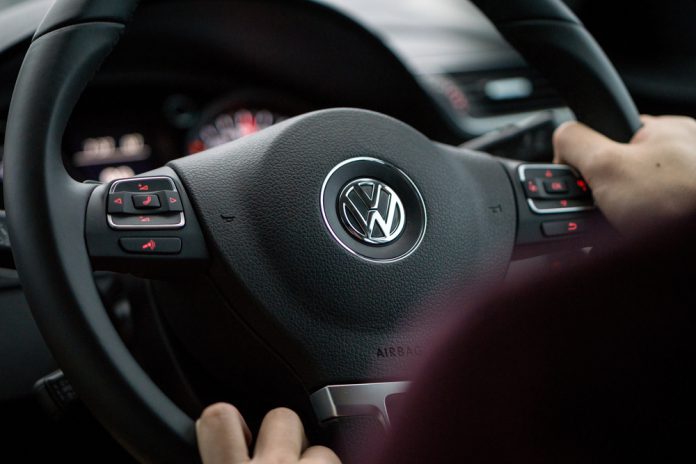Volkswagen (ETR: VOW3) has fired its head of external relations and sustainability after he admitted to knowing about animal testing carried out on monkeys.
Thomas Steg was suspended following the emergence of the controversial animal testing that took place in May 2015 by the Lovelace Respiratory Research Institute (LRRI).
The experiments involved locking 10 Java monkeys in airtight chambers for four hours at a time, where they watched cartoons and breathed in diesel fumes from a VW Beetle.
The point of the testing was to prove that the pollutant load of nitrogen oxide car emissions from diesel motors had decreased, due to new cleaning technology.
This is the most recent controversy following “dieselgate”, where Volkswagen manipulated the tests carried out on 11 million vehicles so they falsely met the emissions tests.
Hans Dieter Pötsch, VW’s supervisory board representative and chief controller, said on Monday that the tests were “in no way understandable”.
People for the Ethical Treatment of Animals wrote a letter to Volkswagen over the cruel mistreatment of the monkeys used.
“There is nothing fair about condemning these complex, sensitive animals to suffer physical suffering and psychological torment in laboratories where they are caged and deprived of fresh air, sunshine, freedom of movement, the companionship of others, and just about everything else that makes any life worth living,” wrote Harald Ullmann, a PETA vice president.
Volkswagen said in a statement: “The scientific methods used to conduct the study were wrong,”
“Animal testing is completely inconsistent with our corporate standards. We apologize for the inappropriate behaviour that occurred and for the poor judgment of individuals who were involved.”
Daimler (ETR: DAI) and BMW (ETR: BMW) have attempted to separate themselves from the animal tests. They have stressed that none of their vehicles had been used by the Lovelace Respiratory Research Institute (LRRI).

